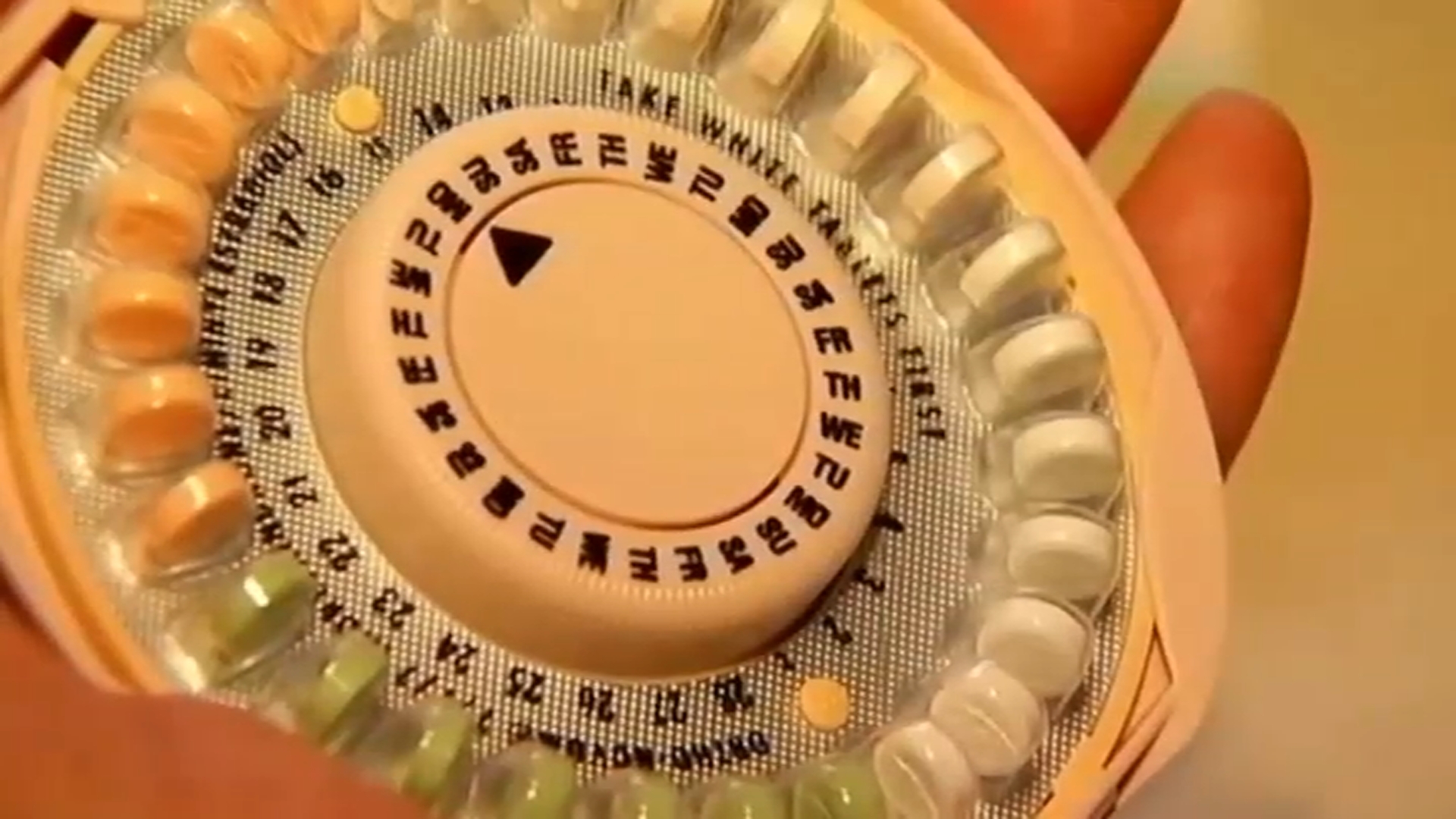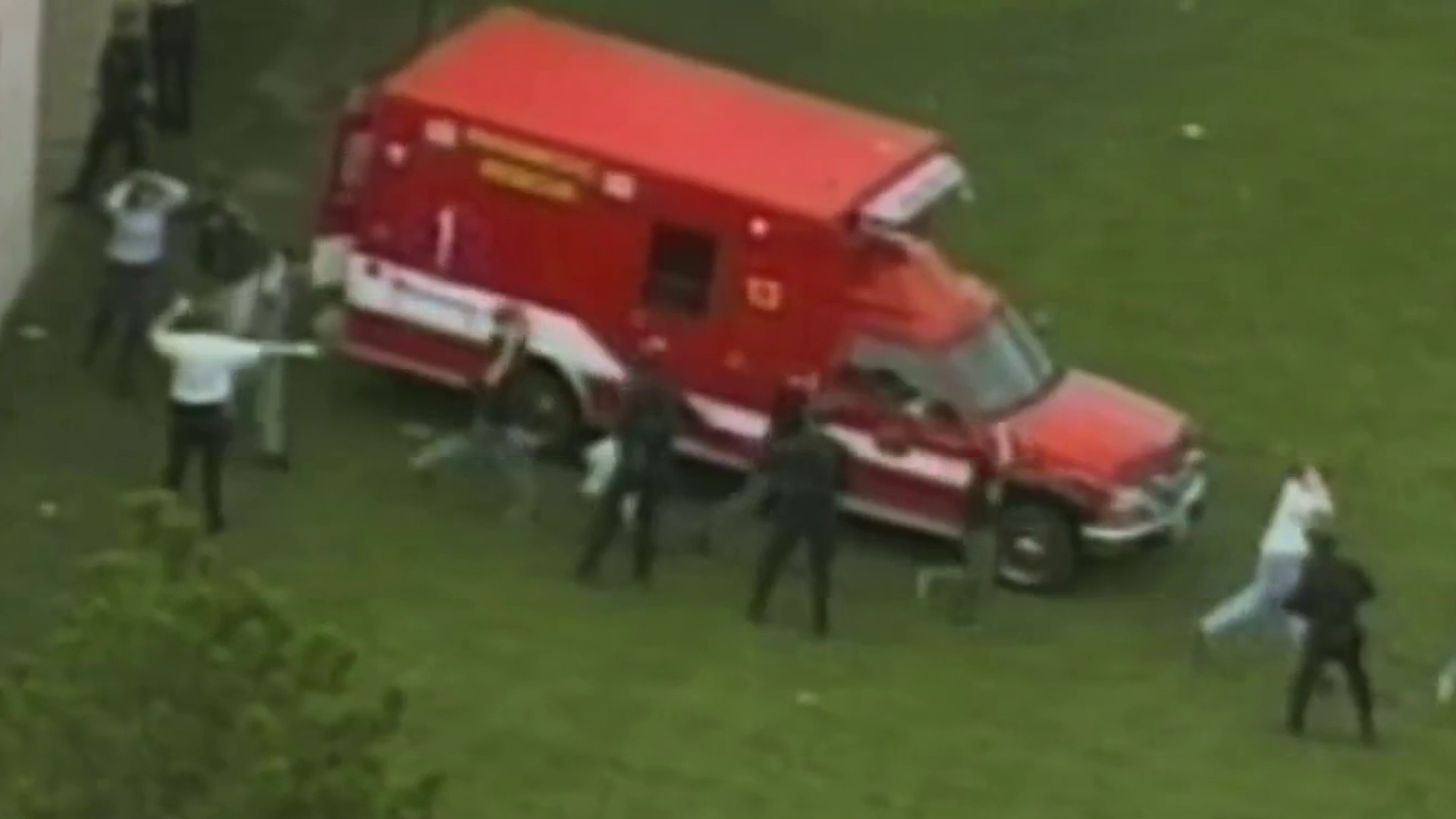New artificial intelligence technology has school districts considering how to prevent students from using it to cheat.
Students are among the millions of people experimenting with ChatGPT, which launched in November. While many found ways to use it creatively, the ease with which the program can write essays or solve difficult math problems sparks panic among some educators.
“One of the biggest challenges of the new technologies for generating text is we lose the motivation for thinking for ourselves,” American University linguistics professor Naomi Baron said.
Baron said ChatGPT predicts what the next word is likely going to be – similar to what smartphones do, but only smarter.
We're making it easier for you to find stories that matter with our new newsletter — The 4Front. Sign up here and get news that is important for you to your inbox.
The potential for cheating has prompted area school districts to take action. Public schools in Loudoun, Montgomery and Fairfax counties now block ChatGPT on all student devices.
In a statement, Fairfax County Public Schools said it’s creating a collaborative working group to review the impact and opportunities of AI technology on instruction.
Prince George’s County said it does not block ChatGPT but is evaluating it.
Local
Washington, D.C., Maryland and Virginia local news, events and information
D.C. Public Schools said it is aware of the issues surrounding ChatGPT but doesn’t block the software. However, it is exploring what measures it can take.
The maker of ChatGPT, OpenAI, told NBC News, “We don’t want ChatGPT to be used for misleading purposes in schools or anywhere else.”
Last week, the company launched a new tool that can help teachers detect if a student or AI wrote their homework. But OpenAI cautions that its new tool is not foolproof.
As this technology continues to advance, it is expected that ChatGPT along with similar AI tools will play a significant role in education, but how that will look remains to be seen.



